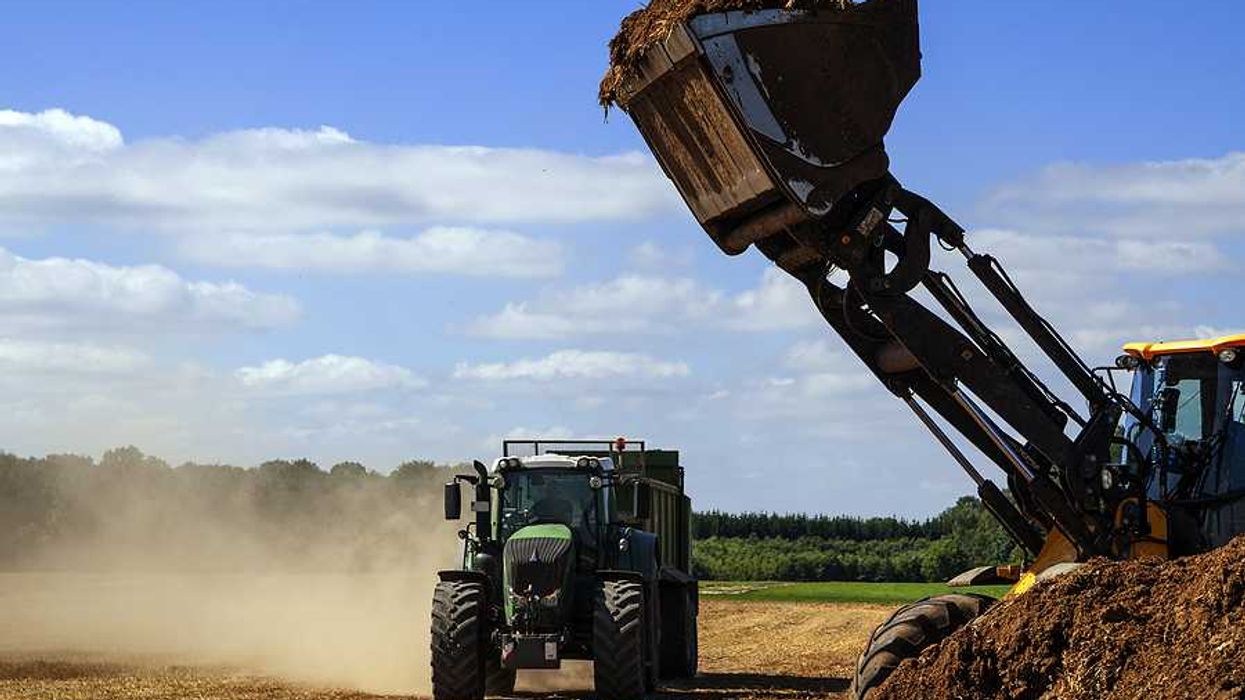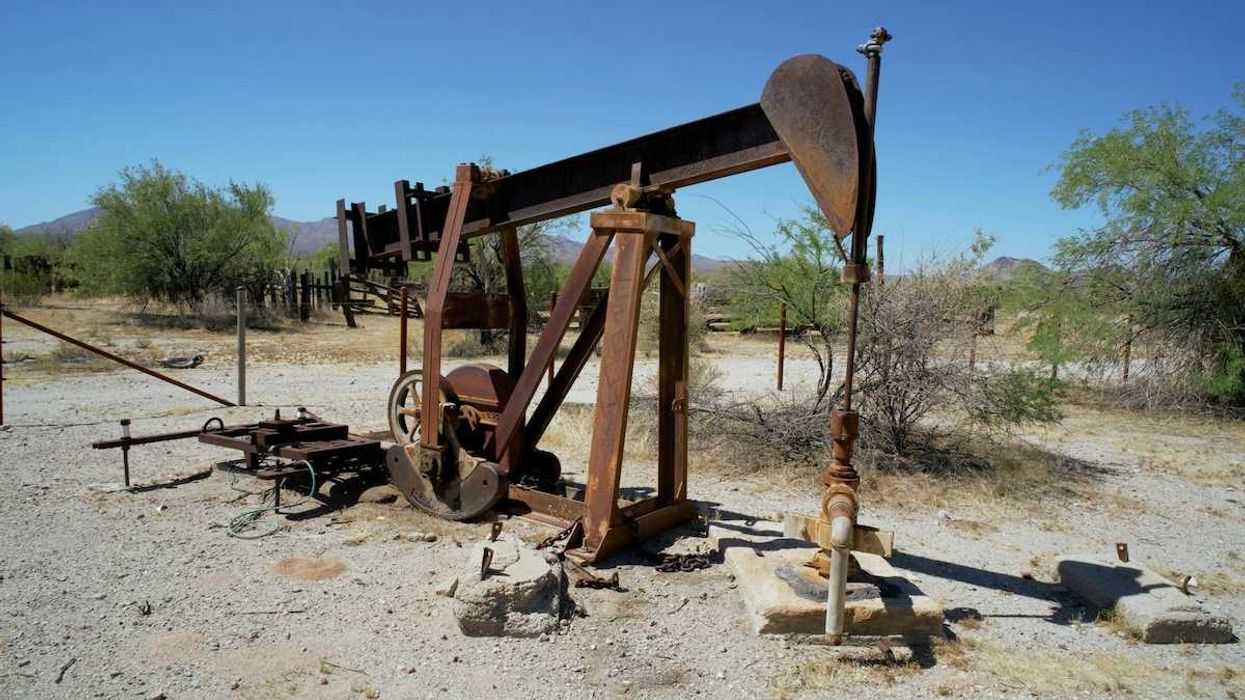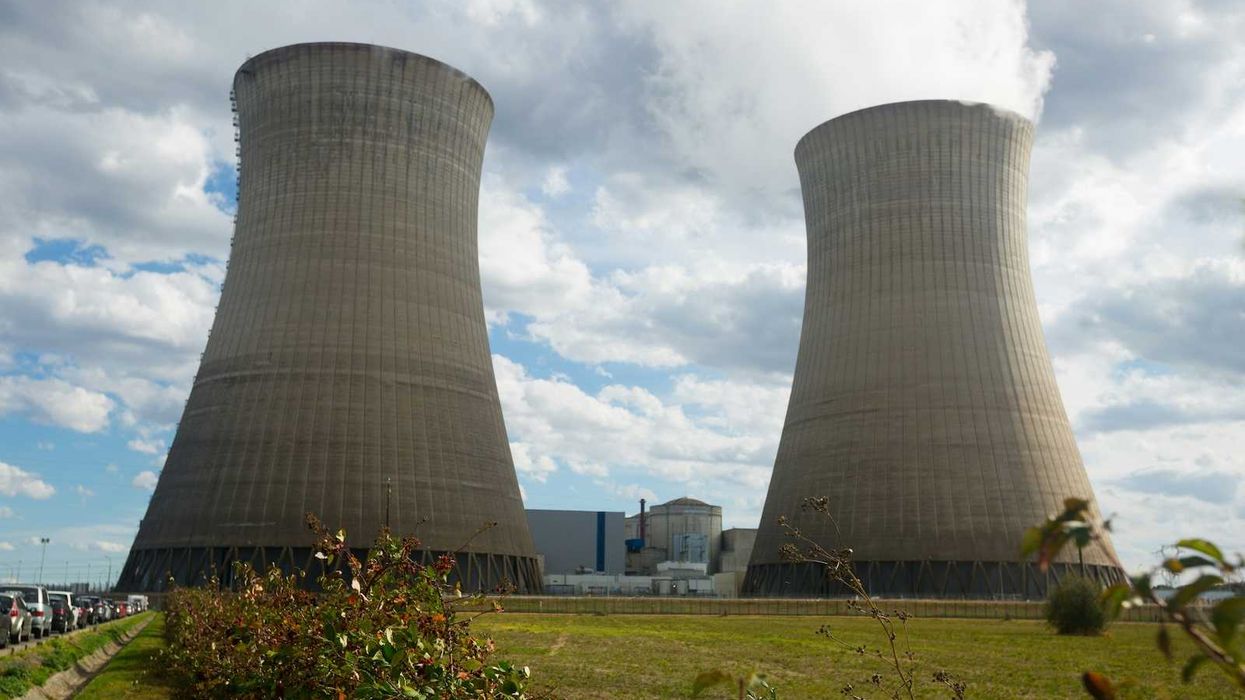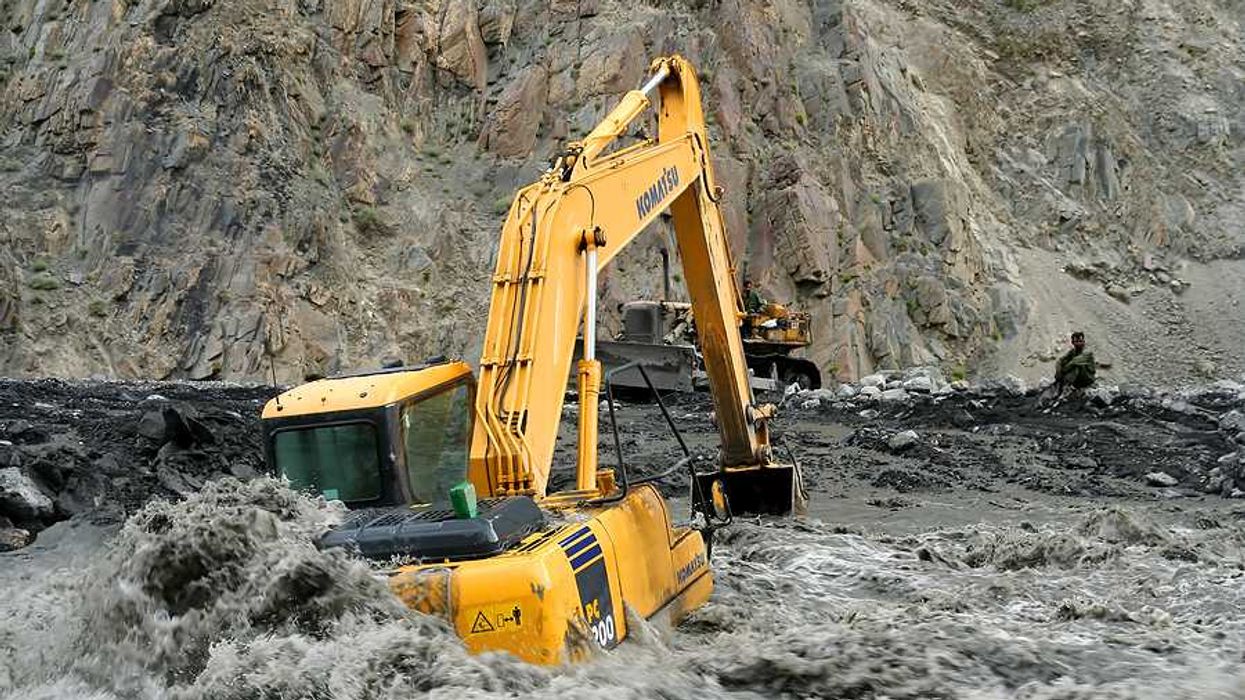A fire at a North Carolina fertilizer plant led to the use of chemically contaminated water on farmland, prompting new scrutiny over the spread of PFAS-laced materials as fertilizer.
Lisa Sorg reports for Inside Climate News.
In short:
- In 2022, water used to fight a fire at the Winston Weaver fertilizer plant was sent to a Yadkin County dairy farm and applied to fields as “off spec liquid fertilizer.” Testing later revealed that the liquid contained PFAS, toxic chemicals linked to serious health issues.
- The U.S. Environmental Protection Agency and North Carolina’s environmental agency approved the shipment despite the PFAS contamination, citing a lack of existing standards for these compounds in sewage sludge or industrial runoff used as fertilizer.
- A draft EPA risk assessment found PFAS levels in agricultural sludge can pose cancer and other health risks, particularly to children who consume dairy or produce from affected farms, but critics argue the assessment grossly underestimates the harm.
Key quote:
“Regardless of whether or not there were PFAS in the water, it came from a fire at a manufacturing facility. It seems like there would have been other ways to dispose of it.”
— Jamie DeWitt, toxicologist
Why this matters:
When PFAS-laced sludge or industrial waste is applied to farmland — whether labeled as biosolids or alternative fertilizers — those chemicals can seep into drinking water or be absorbed by plants and animals, eventually ending up in our food. Farmers often use these materials unaware of the potential dangers, and few states have comprehensive systems for testing milk, produce, or meat from affected areas. Recent cases in states like Maine and Texas show the consequences: farms forced to shut down, contaminated products pulled from markets, and long-term health threats to rural communities. Without clear federal standards and robust testing, PFAS contamination through agricultural routes remains a hidden and growing hazard in the American food system.
Related: Dead livestock and poisoned water — Texas farmers sue over PFAS contamination














